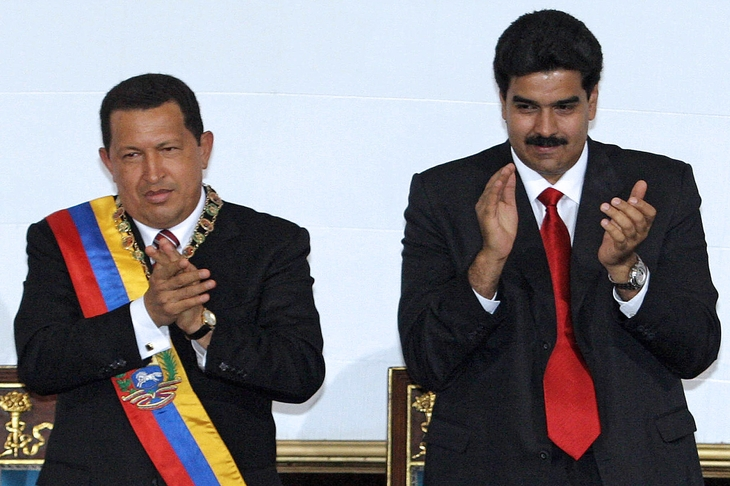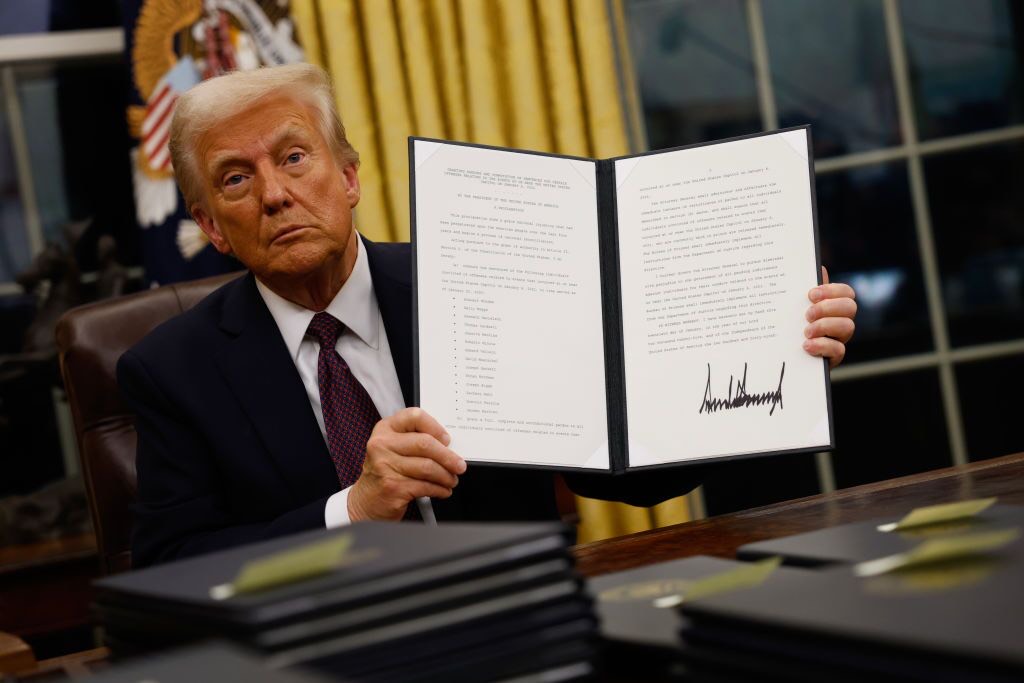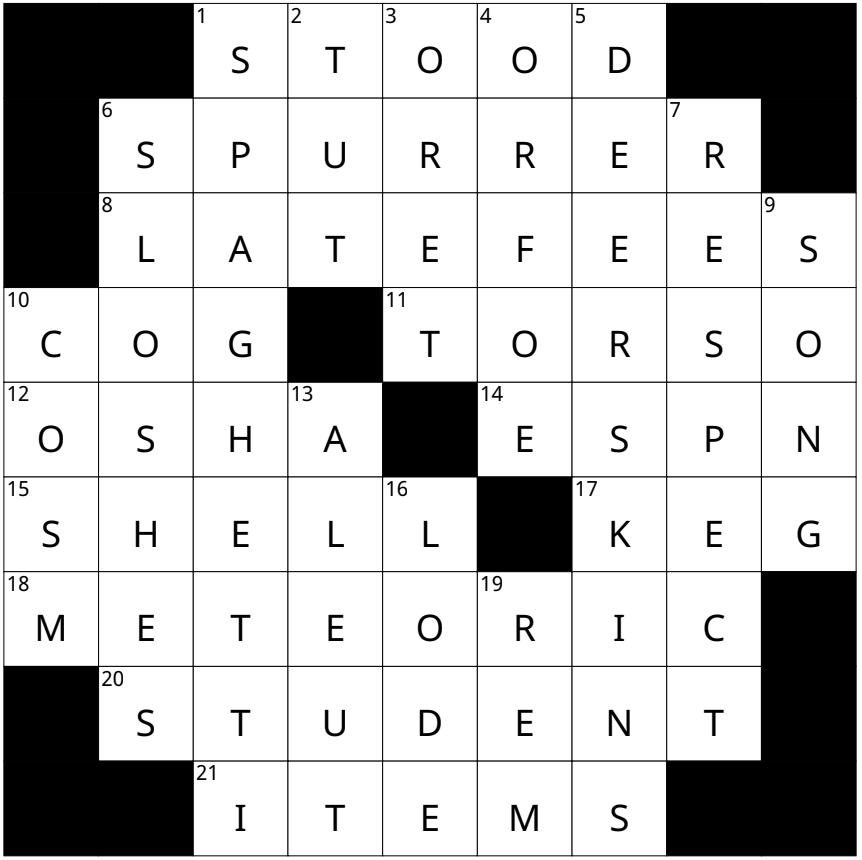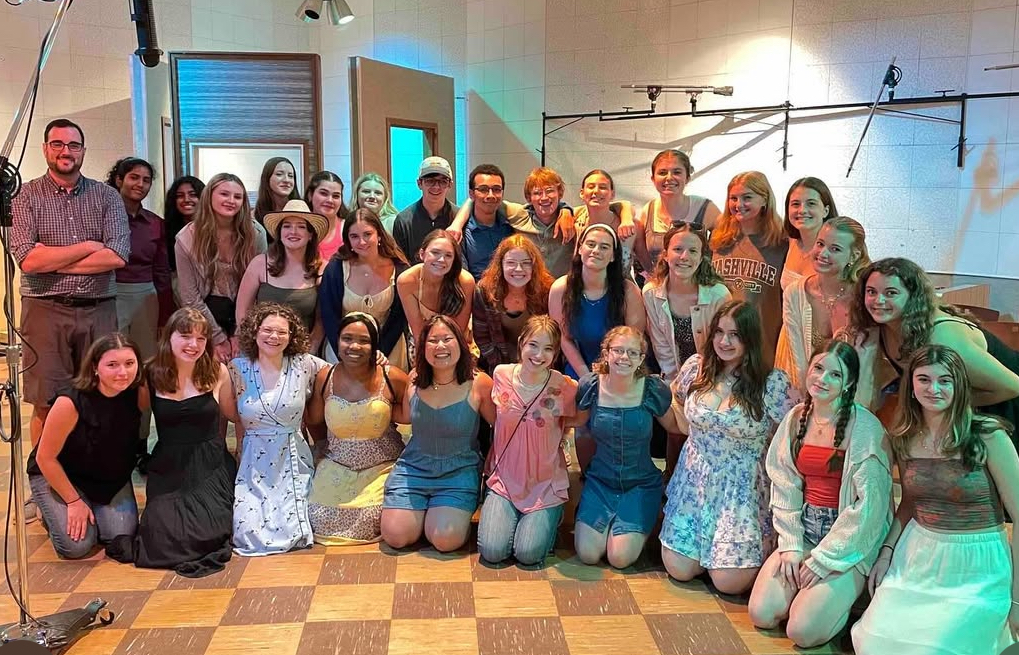Published in 1945, the timeless writing of George Orwell created a world of hierarchy, communism, and propaganda in his grange-centered allegory, Animal Farm. Stated bluntly, “All animals are equal, but some are more equal than others.” Since swallowing the story in one sitting, I’ve lent it to almost a dozen peers and family members. Historically, Animal Farm is regarded as being modeled after Stalanist Russia, but I’ve found a lesser known similarity that is impossible to overlook.
Animal Farm is a tale of a farm that becomes overtaken by the animals who feel violently abused by the humans in charge. Immediately, almost all animals become obedient to the leaders of the revolution, the pigs, glorifying them as destined leaders while the rest of the farm becomes brainwashed. An attempt to equalize and uplift all farm animals spirals into an authoritarian rule, exempting pigs from certain laws and driving the farm animals into oppressive tyranny. Twenty five years ago, my parents emigrated from Venezuela to the United States seeking new opportunities and escape from a deteriorating nation. Animal Farm represents a haunting prophecy for that very reason.
Firstly, similarities are stark between the initial leader of the animal revolution philosophy, called animalism, and Venezuela’s Bolivarian Revolution. In Animal Farm, a pig named Old Major is the first to rally support for a revolution to overthrow the humans. His intentions to help the farm animals assert autonomy are initially earnest, but his old age causes him to die before fully seeing the revolution through. Similarly, Hugo Chávez, President of Venezuela from 1999 until his death in 2013, ran on the basis of a revolution for the people. He sought to make Venezuela a world power through the country’s highly profitable petroleum, and rid the nation of corruption by elites. Unfortunately, the platform on which he ran swiftly turned corrupt once he was elected, and many claim that if he had not died in 2013, he would remain as a dictator to this day. His presidency drove Venezuela into economic despair and eliminated hope for the return to a fair democracy. Near the end of Chávez’s presidential term, supporters of his Bolivarian Revolution formed a coalition, which still stands today as the corrupt Partido Socialista Unido de Venezuela or PSUV (translating to United Socialist Party of Venezuela).
Since 2013, Nicolás Maduro has been the dictator of Venezuela and head of the PSUV, holding fraudulent elections to keep himself in power, entirely diminishing the poverty and hardship that is a reality for many Venezuelans. In an eerie comparison, the Animal Farm pig named Napoleon takes control of the farm as Old Major’s successor. He rules with propaganda, lies, and disinformation and twists the fundamental ideals of the revolution as a method to keep the pigs on top of the hierarchy. Initially, Old Major represents Chávez’s goals for a socialist revolution, but along the way, Chávez’s power turned into that of Napoleon, and Chávez’s successor, Maduro, also continues to resemble Napoleon’s fascist movement.
Another parallel between Animal Farm and today’s Venezuela is how ordinary citizens are treated compared to the politically-influential societal elites. In Animal Farm, a set of commandments is established in order to ensure that the farm never returns to its pre-revolution times. These commandments include statements like “all animals are equal,” but they also engrave a rhetoric of general loathing towards humans, particularly “four legs good, two legs bad.” As the story progresses, the pigs in power slowly become more and more like humans; wearing clothes, sleeping in beds, and smoking cigars while the other animals abide by the rules. By the end, the foundation of the revolution has been entirely lost, and all but the pigs continue to live in subjugation as they did under the domain of humans. The oppressed dogs, horses, and birds on the farm parallel the citizens of Venezuela, while the most tyrannical and human-like pig, Napoleon, aligns with Maduro. His alliances with Cuban, Russian, Iranian, and Chinese governments show the exact types of regimes that the Bolivarian Revolution attempted to evade almost 30 years prior. According to the US Department of State, 7 million Venezuelans are in desperate need of humanitarian assistance, a problem faced with apathy by Maduro.
As a daughter of Venezuelan immigrants, Animal Farm hit close to home. How can it be that a novella written exactly 80 years ago was able to lay the blueprint for a nation of today, riddled with corruption and a noxious political climate? Orwell knew all too well what a government can turn into with authoritarian leadership and without proper checks by the people. His legacy and literature live eternally, and Animal Farm warns us to watch Venezuela’s decline from the laurels of its revolution as a cautionary tale.
















Bartolome R Celli • May 12, 2025 at 10:29 am
Excellent comparison, except that unfortunatley the Venezuelan history is real and not imagined and is suffered by many!!!!!
Alfredo Fuentes • May 1, 2025 at 8:04 am
I congratulate Bianca Salerno for an excellent article, very well written with precise details and incredible writing.
dee app • Apr 30, 2025 at 2:31 pm
Excellent article!